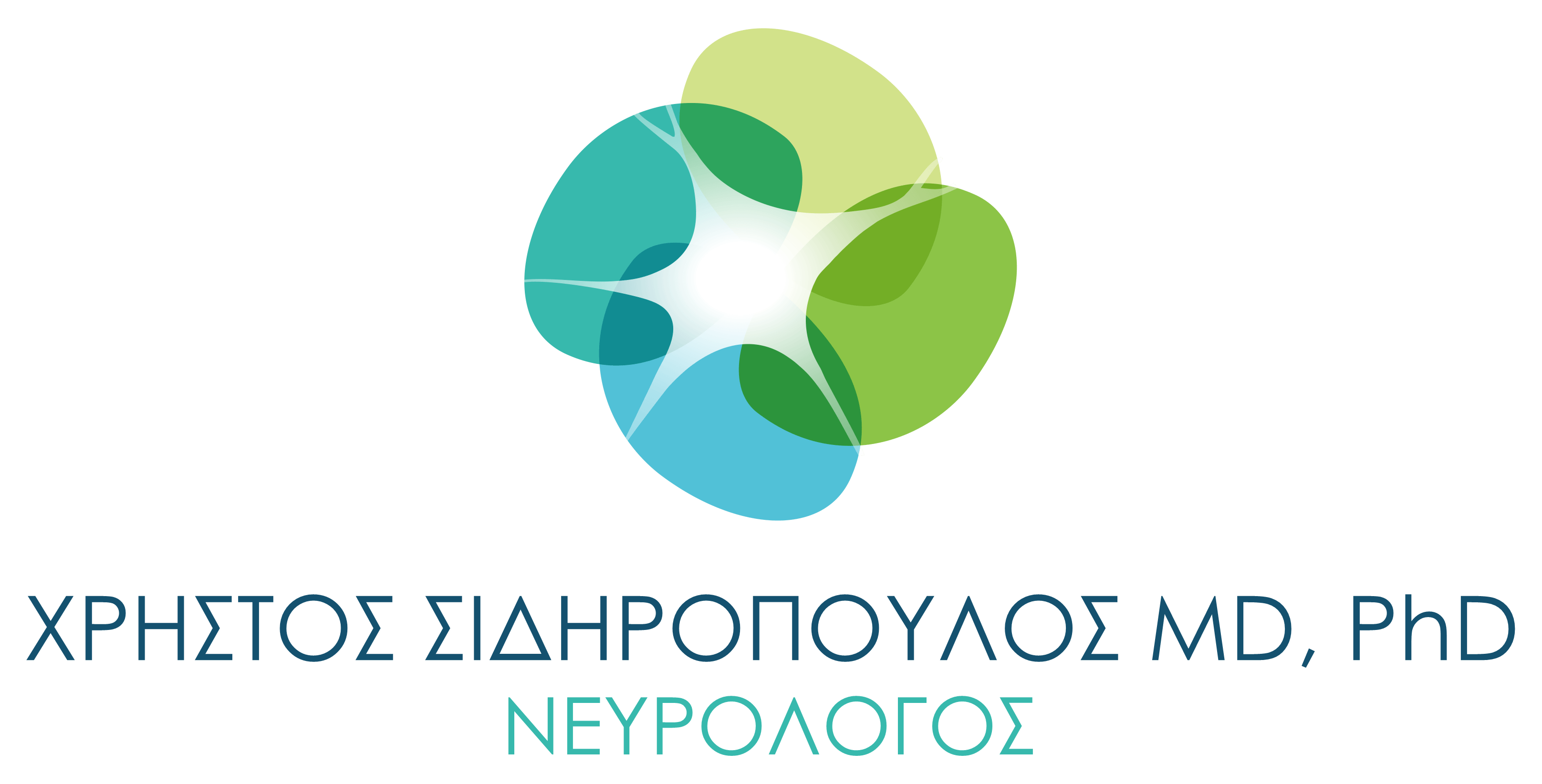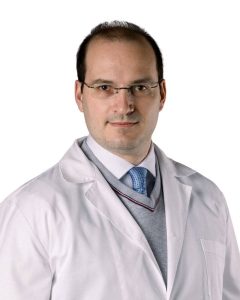Vascular diseases of the Central Nervous System are divided into three main categories:
- Cerebrovascular accidents
- Aneurysms and subarachnoid hemorrhage
- Vascular malformations
Neurosurgery/Interventional Neuroradiology deals with the second and third categories, as their treatment requires primarily invasive treatment. If there are neurological deficits after the operation, the Neurologist undertakes their rehabilitation.
Strokes refer to brain damage that occurred because of a disease of blood vessels (usually the arteries) or disturbance of their blood supply. 85% of strokes are due to the obstruction of the vessel by a clot and 15% due to bleeding that resulted from the rupture of the wall of a vessel.
Risk factors for stroke are arterial hypertension, smoking, alcohol, diabetes mellitus, various heart diseases, blood lipids, obesity, etc.
Hemorrhagic strokes occur when a blood vessel ruptures in the brain resulting in brain bleeding. They can lead to disability and affect the patient’s life and family environment.
Ischemic-type strokes are transient, called transient ischemic attacks or permanent.
Transient ischemic attacks are episodes of neurological dysfunction caused by focal stroke or retinal ischemia. They have a sudden onset and usually end in a few hours, while they do not cause permanent neurological deficits.
Permanent strokes cause permanent neurological deficits due to insufficient blood flow in the area.
Symptoms of stroke among others can be:
- Asymmetry of the face and difficulty in the movement of the tongue, etc.
- Weakness, numbness, paralysis in one part of the body
- Difficulties in vision
- Painful and intense headache, which makes its appearance without any known cause
- Difficulties in speaking and comprehension
- Dizziness, loss of balance, difficulties in walking and coordinating movements
The restoration of neurological functions depends on whether other centers of the brain will have the ability to take them over, which is achieved only by the application of proper neurological rehabilitation. It is important to prevent subsequent strokes, which is made possible by diagnosing and treating risk factors.
The treating neurologist studies all data and provides the pharmaceutical and any other kind of treatment for patent rehabilitation.


